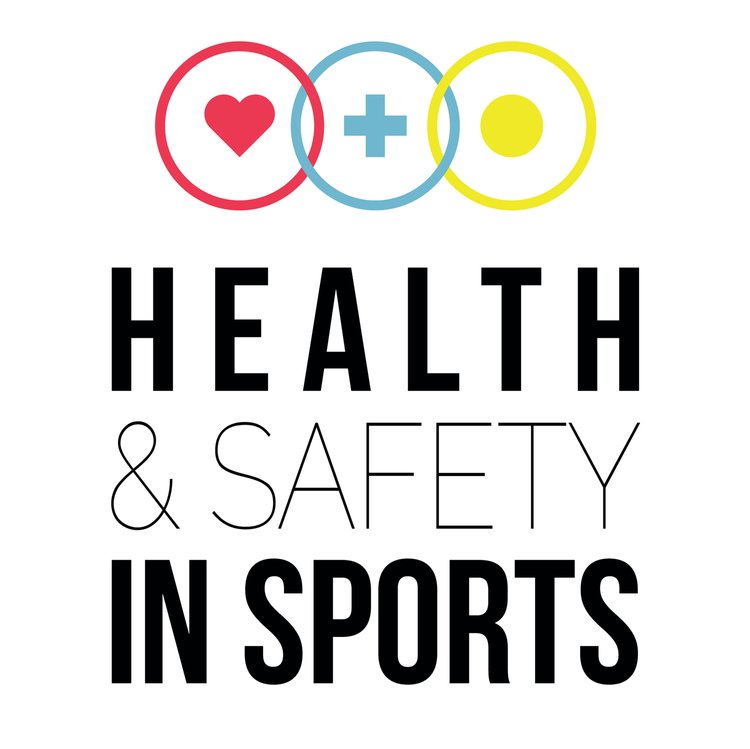PROJECT DESCRIPTION
While aquatic sports have relatively low incidence of acute injuries there are health risks for the elite aquatic athlete. This project focuses on the health and safety of the elite swimmer in addition to the role of the International Federation in safeguarding the health and well-being of its athletes. In this study, various aspects of elite aquatic athlete health will be investigated to identify the prevalence of acute injuries and illnesses. The prevalence of chronic over-use injuries in the aquatic disciplines will be investigated and compared with the elite athletic athlete. An intervention study to evaluate the efficacy of a shoulder injury prevention tool will be reviewed. In comparison of summer Olympic Sports, the swimming and synchronized swimming have a high prevalence of asthma. A detailed analysis of the prevalence, characteristics and treatment of asthma in aquatic athletes will be investigated. Non-communicable disease are reaching pandemic proportions world-wide. As physical inactivity is an independent risk factor for non-communicable diseases, sport has a role to play in promoting physical activity with the goal of decreasing non-communicable disease. An opinion piece discussing the role of the International Federation on the prevention of non-communicable diseases will be included. In collaboration with leading experts in the field, a consensus paper on the nutritional requirements of elite aquatics athletes completes the studies on the protection of elite aquatic athlete health.



